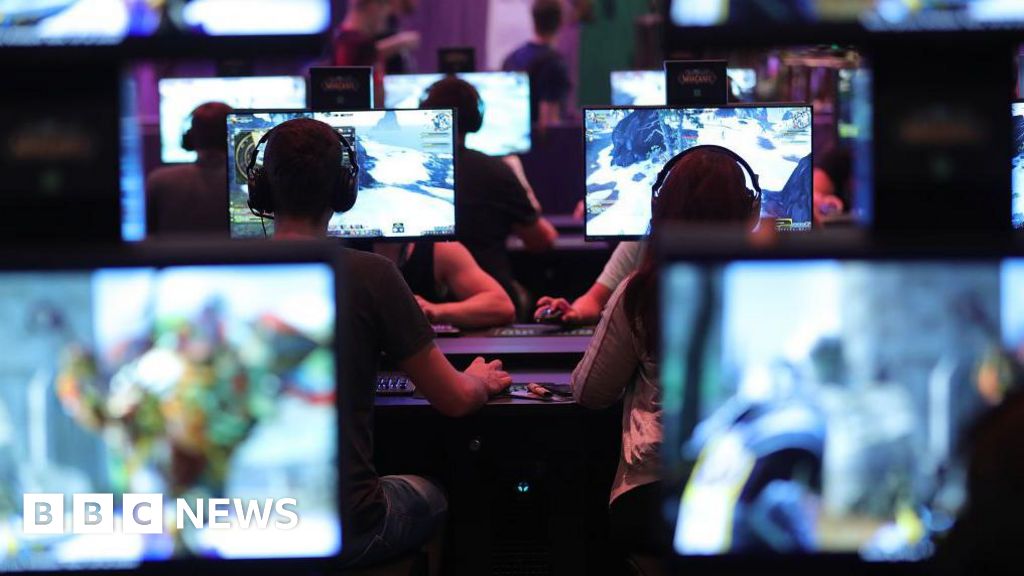image source, Getty Images
China's NetEase and game publisher Activision Blizzard end feud
- author, Mariko Oi
- role, business reporter
Popular games such as “World of Warcraft” will return to China this summer, according to Chinese video game giant NetEase.
Last year, NetEase and game developer Activision Blizzard ended their 14-year partnership due to disagreements over intellectual property management.
The breakup sparked protests, with millions of Chinese internet users complaining that they would no longer be able to access their favorite games.
All games require a license from the local publisher and the Chinese government to operate there.
Initial disagreements escalated into public conflict, with both companies filing lawsuits against each other.
“We are extremely grateful for the passion the Chinese community has shown for Blizzard games over the years,” Johanna Fairies, president of Blizzard Entertainment, said in a statement.
“We are focused on giving back to our players with excellence and dedication.”
Other Blizzard titles returning to China include Hearthstone, Warcraft, Overwatch, Diablo, and the StarCraft franchise.
China is the world's largest online gaming market, with domestic revenue up 13% to 303 billion yuan ($42 billion, £33) at the end of last year.
NetEase is the country's second-largest video game company by revenue after Tencent.
Microsoft and NetEase also announced an agreement to explore bringing new NetEase titles to Microsoft's Xbox console and other gaming platforms.
“Looking for ways to bring Blizzard's legendary games back to players in China, while also bringing more new titles to Xbox, is an important part of our commitment to bring more games to more players around the world.” ,” said Phil Spencer, CEO of Microsoft Gaming.
The lucrative sector is also often at odds with authorities.
The Chinese government went against the gaming industry for the first time in 2021, ruling that online gamers under the age of 18 can only play for one hour on Fridays, weekends and holidays.
Late last year, authorities announced further regulations restricting in-game purchases, but China appears to have rolled back strict rules meant to combat what regulators deemed “compulsive” gaming.


